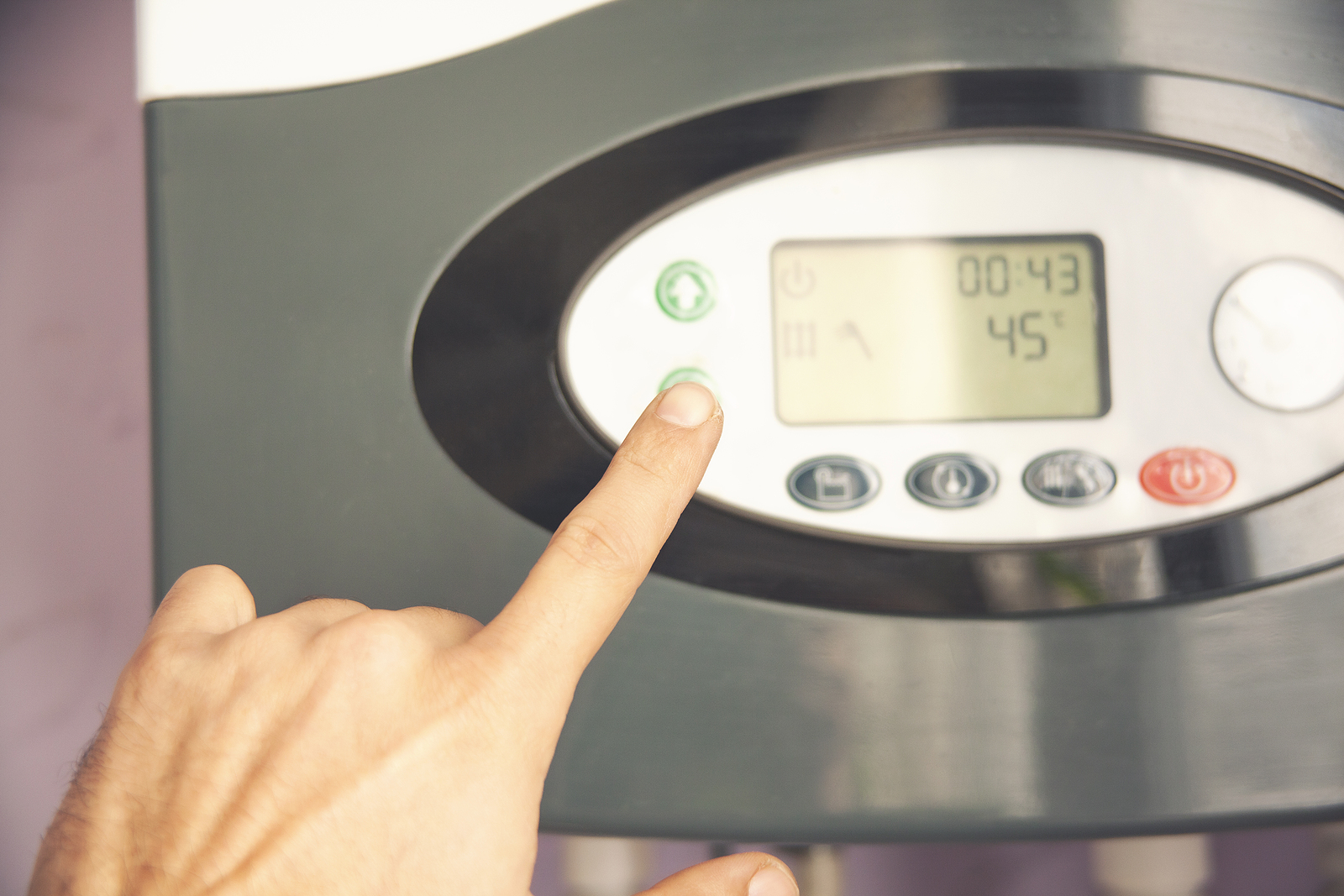The average water heater’s life span is 10 to 15 years, according to energysaver.gov. This is a general rule because not all water heaters fit that time frame.
Because many homeowners don’t understand that these appliances require annual maintenance, some water heaters poop out much sooner.
If you’re shopping for a traditional, tank-style water heater, do yourself a favor and compare them to tankless units. Read on to learn about the advantages and disadvantages.
The benefits of tankless water heaters
A standard water heater holds water that is constantly being heated. “That means you’re paying to have hot water whether you need it or not,” according to the researchers at consumerreports.org.
Tankless water heaters, often referred to as “on-demand” units, offer heated water only when you need it. They do this by flash-heating the “… water as it passes through the unit, using a heat exchanger to rapidly bring it up to temperature,” explains the folks at Consumer Reports.
This benefit alone saves homeowners from $70 to $100 a year on energy bills, depending on how much hot water is used.
Tankless water heaters last longer than the fuel-powered variety. Most will last more than 20 years while, as mentioned earlier, heaters with a tank have a life expectancy of 10 to 15 years.
Additionally, tankless water heaters don’t contain the sediment and rust of their tank counterparts so they provide cleaner water.
Finally, with a tankless water heater, you’ll receive hot water on demand. No longer will you have to waste water waiting for the cold to turn to hot.
And, the downside
Tankless water heaters cost more than their larger cousins. “The average homeowner pays $2,811 for an installed 150,000 BTU tankless whole-house gas water heater,” according to the researchers at fixr.com.
Installation charges vary, however, depending on size, whether it’s electric, solar, or gas, whether you need additional gas lines added, and other items. You’ll find many of these listed at homeguide.com.
Remember, though, that tankless units have longer life spans than traditional water heaters and they cost less in both energy usage and operating costs.
Learn more about tankless water heater advantages at energystar.gov and find out if rebates are offered by entering your ZIP Code here.
Electric or Gas
Tankless electric water heaters are more affordable than their gas counterparts. They need less time and money to install, and they typically require less maintenance than gas models. However, only a few have the potential to simultaneously serve several outlets.
For both residential and commercial use, gas units come in a wide range of types and sizes and produce between 130,000 and 380,000 BTUs. Increased BTUs equate to more heating capacity. Nevertheless, keep in mind that the majority of traditional gas tank heating systems were not set up with a tankless retrofit in mind. As a result, the gas piping, meter, and main line to the meter in your home might not be the right size, necessitating a costly reconfiguration and installation. Electric units do not need safe adequate ventilation, whereas gas units need.
An energy factor (EF) rating is used to calculate a tankless water heater’s overall energy efficiency for both gas and electric types. The U.S. Department of Energy’s test protocols served as the foundation for this EF rating. These days, tankless water heater energy factors for gas-fired devices range between.64 and.91 and up to.99 for electric versions. The water heater is more efficient the greater the energy factor.
A tankless electric unit should be sufficient for a household with one or two people. A gas-fired tankless water heater is generally the best option for larger houses.


